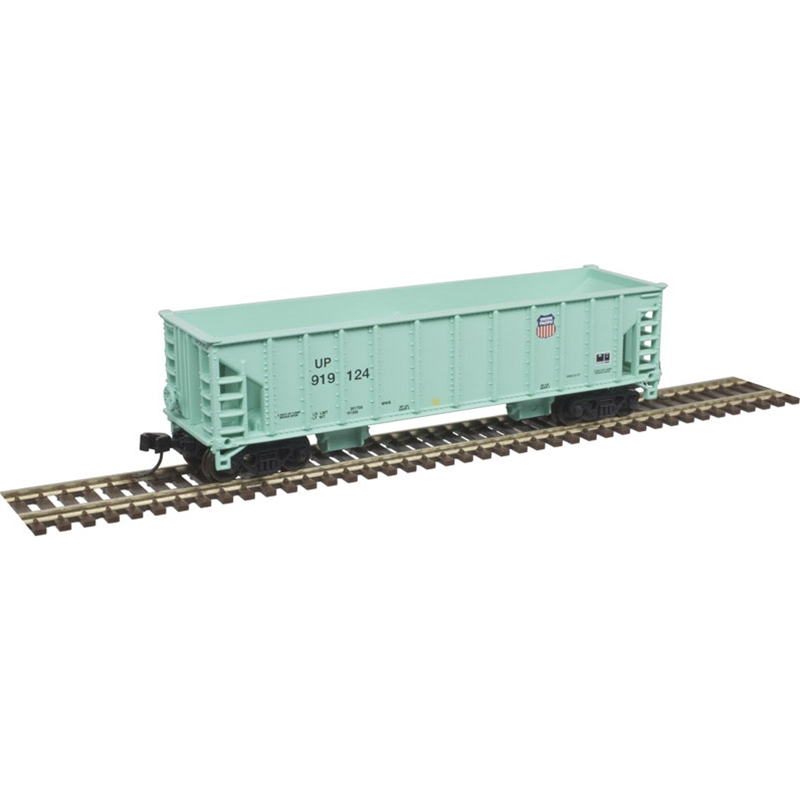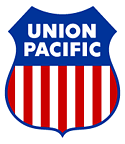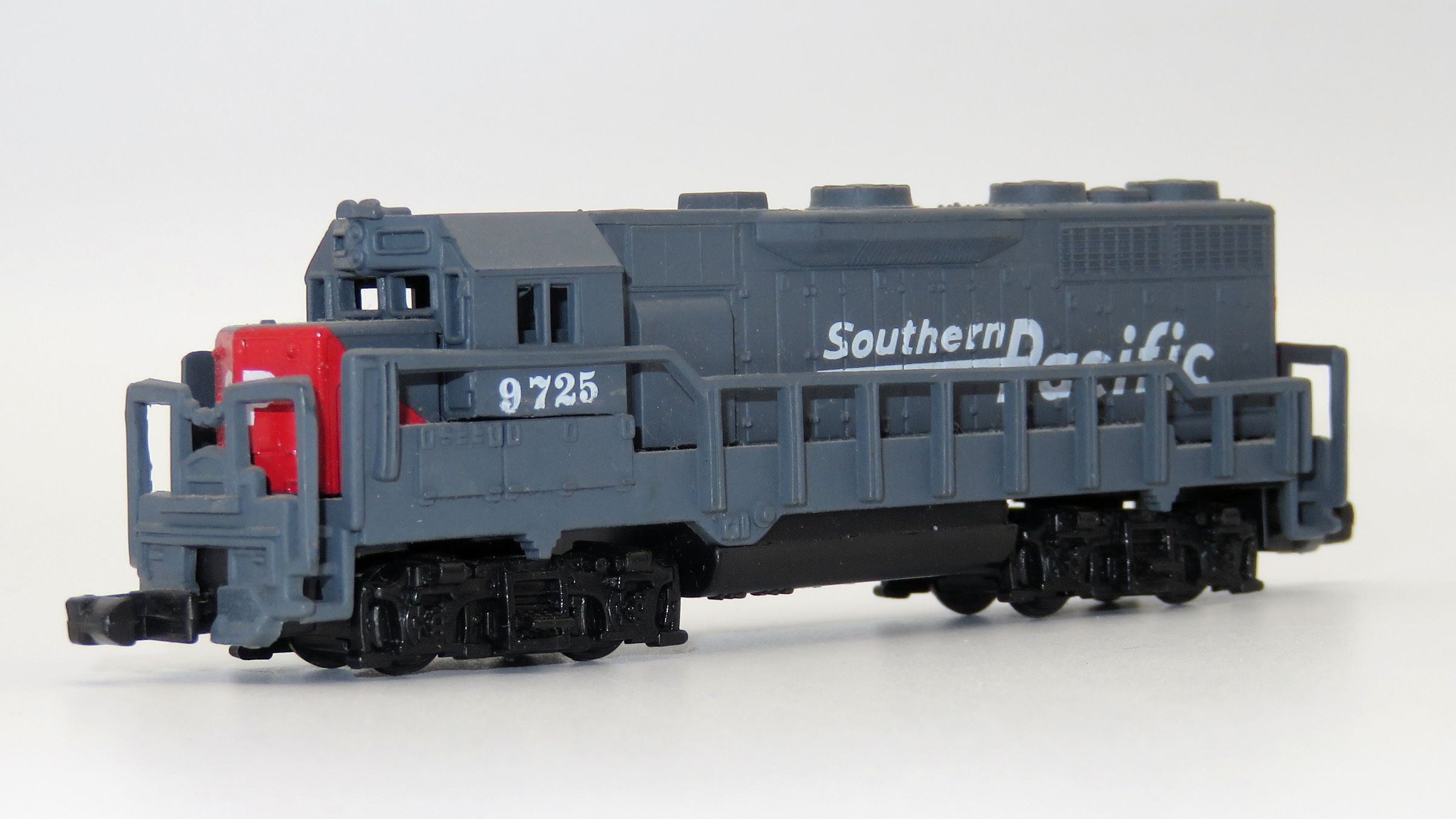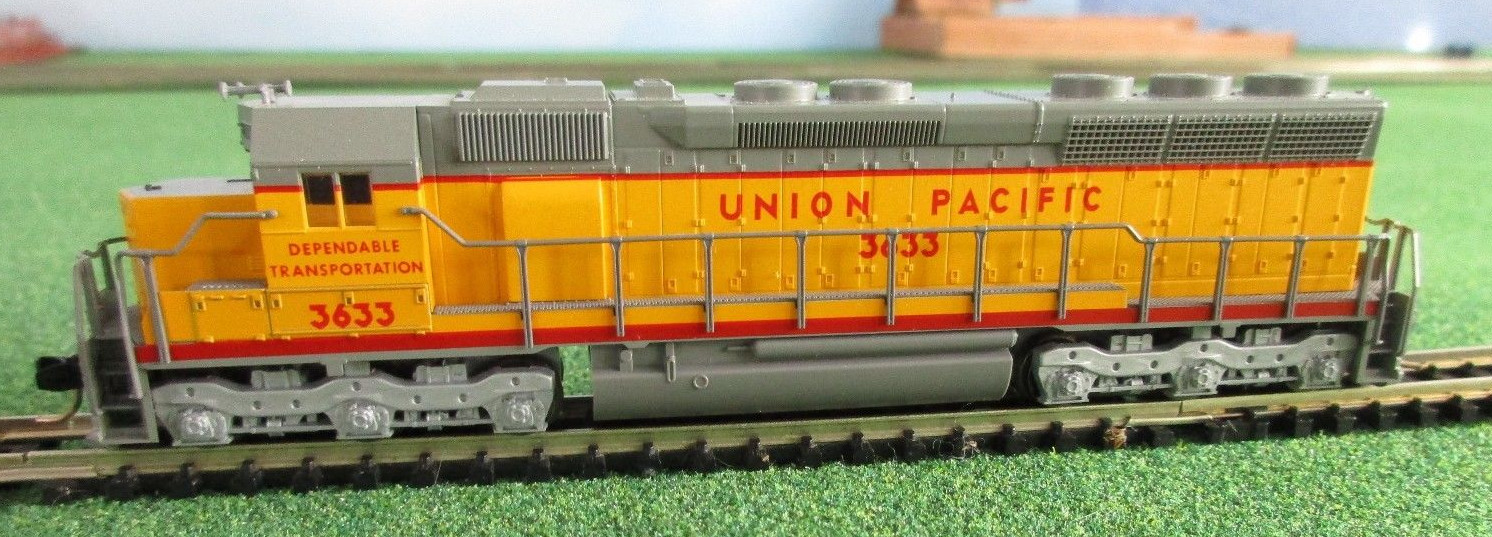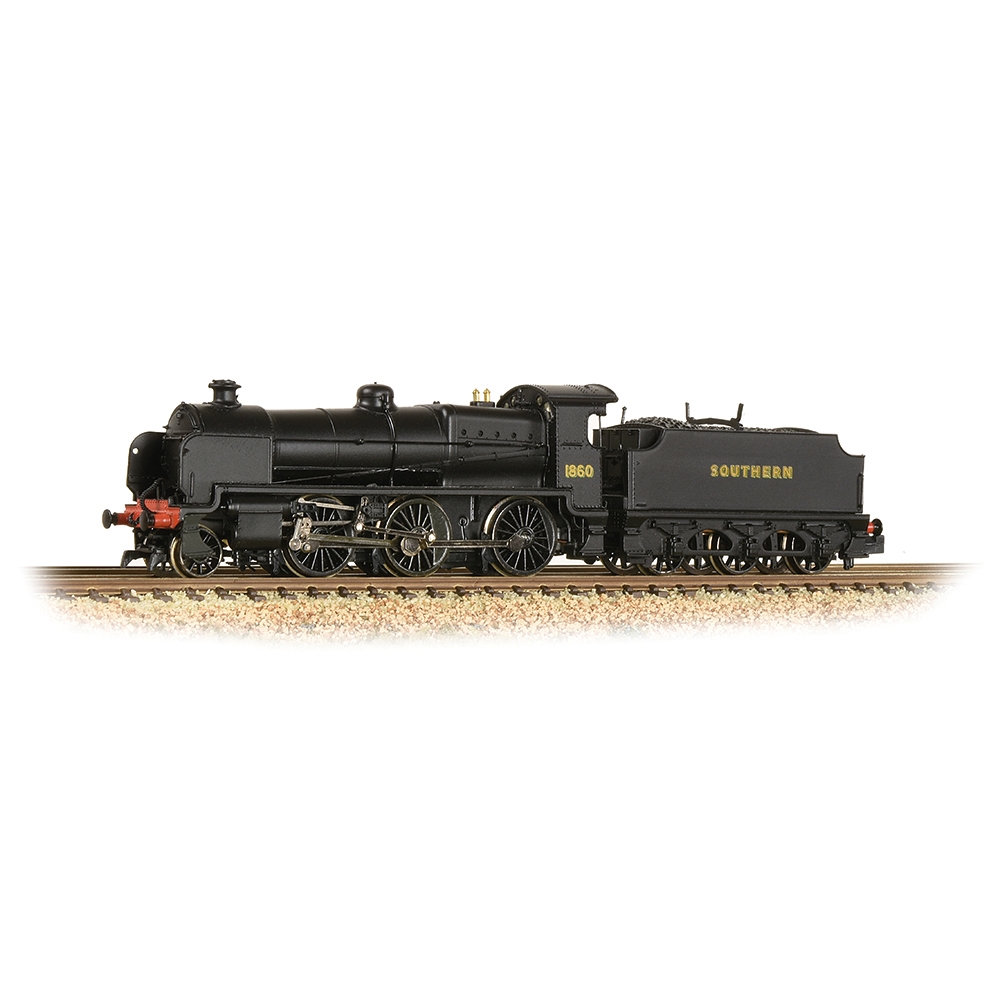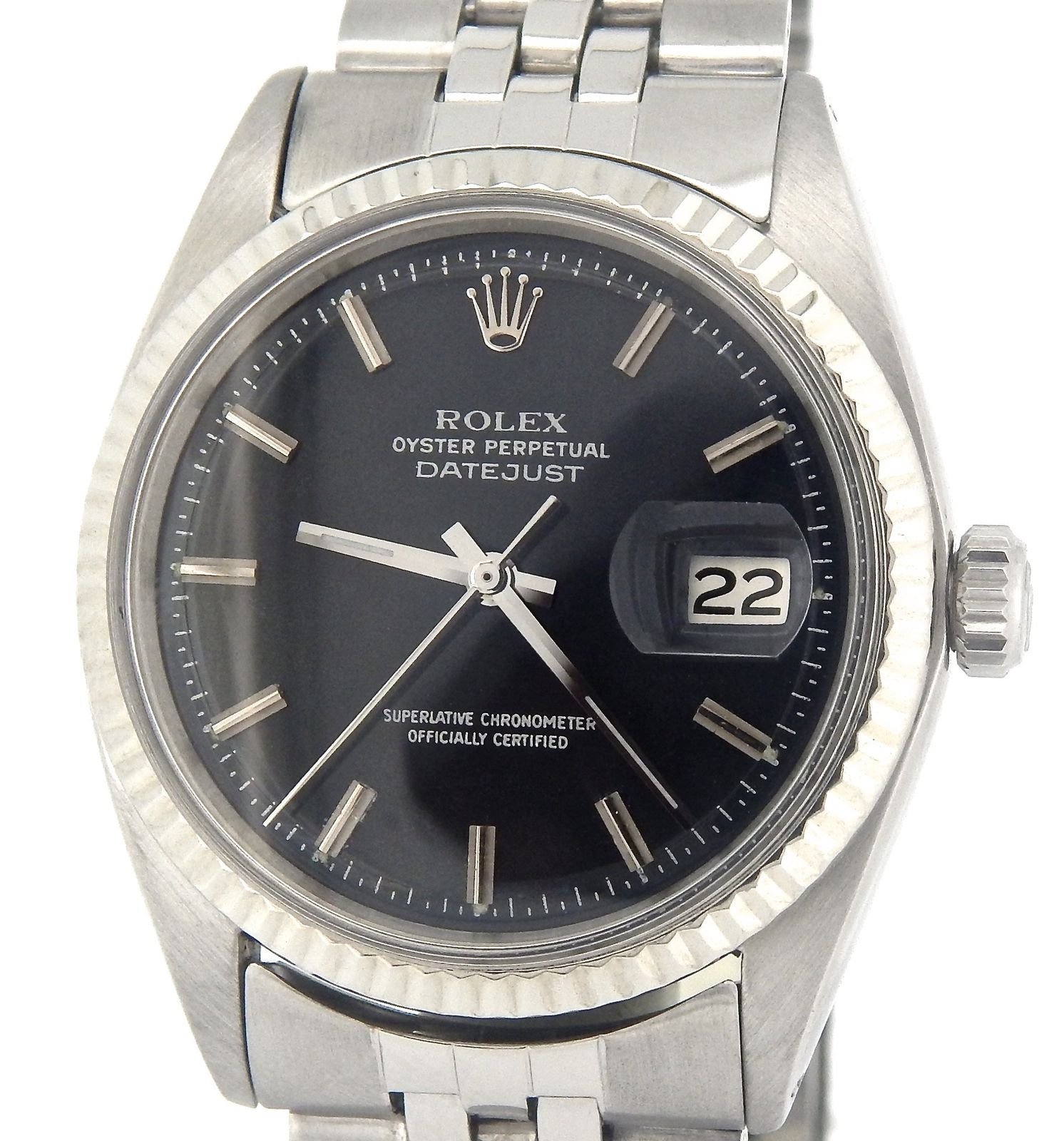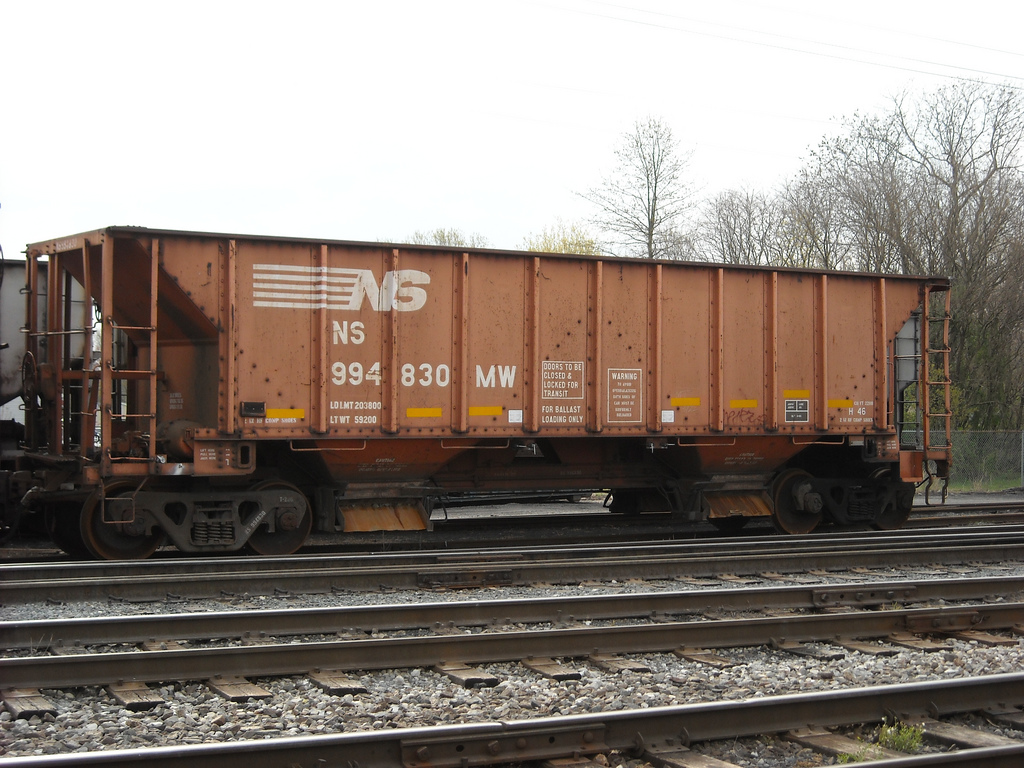Model Information: Introduced in November 1997.
Ready-to-run, styrene N Scale Ballast Hoppers feature finely detailed stirrups and grab irons, universal couplers and longitudinal hopper doors. The heavy cast metal underframe helps the car to run well. Available in singles for $9.98 or in 3-packs for $29.98.
Walthers advertised concurrently its Glacier Gravel Company (933-3241), with these words "Park a string of Walthers N Scale Ballast Hoppers next to the N Scale Glacier Gravel Company".
Re-run under Atlas brand in 2019 after Atlas purchased the tooling from Walthers. Atlas describes these models as having: Crisp painting and printing, Durable body, Free rolling trucks, Detailed brakewheel, Knuckle couplers.
Ready-to-run, styrene N Scale Ballast Hoppers feature finely detailed stirrups and grab irons, universal couplers and longitudinal hopper doors. The heavy cast metal underframe helps the car to run well. Available in singles for $9.98 or in 3-packs for $29.98.
Walthers advertised concurrently its Glacier Gravel Company (933-3241), with these words "Park a string of Walthers N Scale Ballast Hoppers next to the N Scale Glacier Gravel Company".
Re-run under Atlas brand in 2019 after Atlas purchased the tooling from Walthers. Atlas describes these models as having: Crisp painting and printing, Durable body, Free rolling trucks, Detailed brakewheel, Knuckle couplers.
Prototype History: For railroads, the maintenance of their tracks and right of way is a pivotal part to their success and safety. In order to keep a well-balanced and smooth roadbed means a good portion of ballast must be laid down and reapplied when necessary. Usually a string of ballast hoppers are called in for this job. Unlike a regular open top hopper car, ballast hoppers have specialized gates at the bottom of the bed that allows the ballast to be spread to the sides of the rail. Most railroads had their own fleet for this matter, but also will lease from companies such as Herzog, which owns a large fleet of ballast hoppers. The Atlas 41’ Ballast Hopper will help your railroad accomplish necessary track work.
Road Name History: The Union Pacific Railroad (reporting mark UP) is a freight hauling railroad that operates 8,500 locomotives over 32,100 route-miles in 23 states west of Chicago, Illinois and New Orleans, Louisiana. The Union Pacific Railroad network is the largest in the United States and employs 42,600 people. It is also one of the world's largest transportation companies.
Union Pacific Railroad is the principal operating company of Union Pacific Corporation (NYSE: UNP); both are headquartered in Omaha, Nebraska. Over the years Union Pacific Corporation has grown by acquiring other railroads, notably the Missouri Pacific, Chicago & North Western, Western Pacific, Missouri-Kansas-Texas, and the Southern Pacific (including the Denver & Rio Grande Western).
Union Pacific Corporation's main competitor is the BNSF Railway, the nation's second largest freight railroad, which also primarily services the Continental U.S. west of the Mississippi River. Together, the two railroads have a duopoly on all transcontinental freight rail lines in the U.S.
Read more on Wikipedia and on Union Pacific official website.
Union Pacific Railroad is the principal operating company of Union Pacific Corporation (NYSE: UNP); both are headquartered in Omaha, Nebraska. Over the years Union Pacific Corporation has grown by acquiring other railroads, notably the Missouri Pacific, Chicago & North Western, Western Pacific, Missouri-Kansas-Texas, and the Southern Pacific (including the Denver & Rio Grande Western).
Union Pacific Corporation's main competitor is the BNSF Railway, the nation's second largest freight railroad, which also primarily services the Continental U.S. west of the Mississippi River. Together, the two railroads have a duopoly on all transcontinental freight rail lines in the U.S.
Read more on Wikipedia and on Union Pacific official website.
Brand/Importer Information: In 1924 Stephan Schaffan, Sr. founded the Atlas Tool Company in Newark, New Jersey. In 1933 his son, Stephan Schaffan, Jr., came to work for his father at the age of sixteen. Steve Jr. built model airplanes as a hobby and frequented a local hobby shop. Being an enterprising young man, he would often ask the owner if there was anything he could do to earn some extra spending money. Tired of listening to his requests, the hobby-store owner threw some model railroad track parts his way and said, "Here, see if you can improve on this".
In those days, railroad modelers had to assemble and build everything from scratch. Steve Jr. created a "switch kit" which sold so well, that the entire family worked on them in the basement at night, while doing business as usual in the machine shop during the day.
Subsequently, Steve Jr. engineered the stapling of rail to fiber track, along with inventing the first practical rail joiner and pre-assembled turnouts and flexible track. All of these products, and more, helped to popularize model railroading and assisted in the creation of a mass-market hobby. The budding entrepreneur quickly outgrew the limitations of a basement and small garage operation. Realizing they could actually make a living selling track and related products, Steve and his father had the first factory built in Hillside, New Jersey at 413 Florence Avenue in 1947. On September 30, 1949, the Atlas Tool Company was officially incorporated as a New Jersey company.
In 1985, Steve was honored posthumously for his inventions by the Model Railroad Industry Association and was inducted into the Model Railroad Industry Hall of Fame in Baltimore, Maryland. In addition, Steve was nominated and entered into the National Model Railroad Association Pioneers of Model Railroading in 1995.
In the early 1990s, the Atlas Tool Company changed its name to Atlas Model Railroad Company, Inc.
In those days, railroad modelers had to assemble and build everything from scratch. Steve Jr. created a "switch kit" which sold so well, that the entire family worked on them in the basement at night, while doing business as usual in the machine shop during the day.
Subsequently, Steve Jr. engineered the stapling of rail to fiber track, along with inventing the first practical rail joiner and pre-assembled turnouts and flexible track. All of these products, and more, helped to popularize model railroading and assisted in the creation of a mass-market hobby. The budding entrepreneur quickly outgrew the limitations of a basement and small garage operation. Realizing they could actually make a living selling track and related products, Steve and his father had the first factory built in Hillside, New Jersey at 413 Florence Avenue in 1947. On September 30, 1949, the Atlas Tool Company was officially incorporated as a New Jersey company.
In 1985, Steve was honored posthumously for his inventions by the Model Railroad Industry Association and was inducted into the Model Railroad Industry Hall of Fame in Baltimore, Maryland. In addition, Steve was nominated and entered into the National Model Railroad Association Pioneers of Model Railroading in 1995.
In the early 1990s, the Atlas Tool Company changed its name to Atlas Model Railroad Company, Inc.
Item created by: CNW400 on 2019-03-21 10:59:58. Last edited by gdm on 2021-09-27 09:20:15
If you see errors or missing data in this entry, please feel free to log in and edit it. Anyone with a Gmail account can log in instantly.
If you see errors or missing data in this entry, please feel free to log in and edit it. Anyone with a Gmail account can log in instantly.


